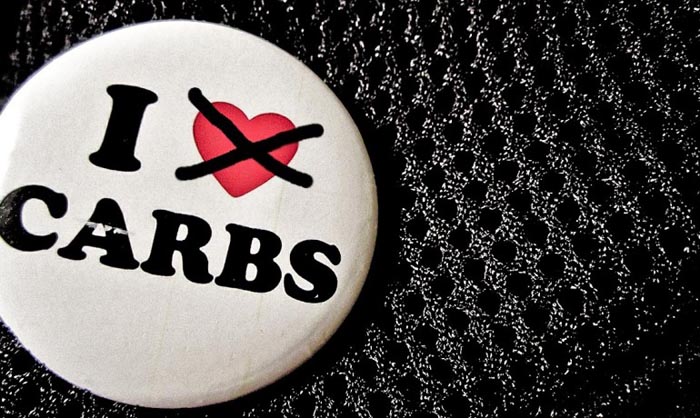"We depend on the health of the ocean for many benefits, such as food, livelihood, and tourism, and the Ocean Health Index indicates that the condition of these benefits needs to be improved in order to provide a healthy thriving ocean for our children and their children," says Ben Halpern.
Both groups received dietary advice, but neither had strict calorie or exercise goals.
After a year, the low-carb group lost an average of 7.7 pounds more than the low-fat group.
The blood levels of certain fats that are predictors of heart disease risk also improved more in the low-carb group.
While low-density lipoprotein cholesterol for both groups were about the same, the low-carb group saw a spike in so-called “good” HDL cholesterol and a decline in the ratio of bad to good cholesterol.
The results challenge the perception that low-fat diets are always better for the heart, says lead author Lydia Bazzano, professor in nutrition research at Tulane University School of Public Health and Tropical Medicine.
“Over the years, the message has always been to go low-fat,” she says. “Yet we found those on a low-carb diet had significantly greater decreases in estimated 10-year risk for heart disease after six and 12 months than the low-fat group.”
The results don’t necessarily give people the green light to binge on butter. While the low-carb dieters got 41 percent of their calories from fat, most were healthy monounsaturated and polyunsaturated fats like olive or canola oil. The group only got 13 percent of calories from saturated fats like butter.
“It’s not a license to go back to the butter, but it does show that even high-fat diets—if they are high in the right fats—can be healthy and help you lose weight,” Bazzano says.
More about:
















































